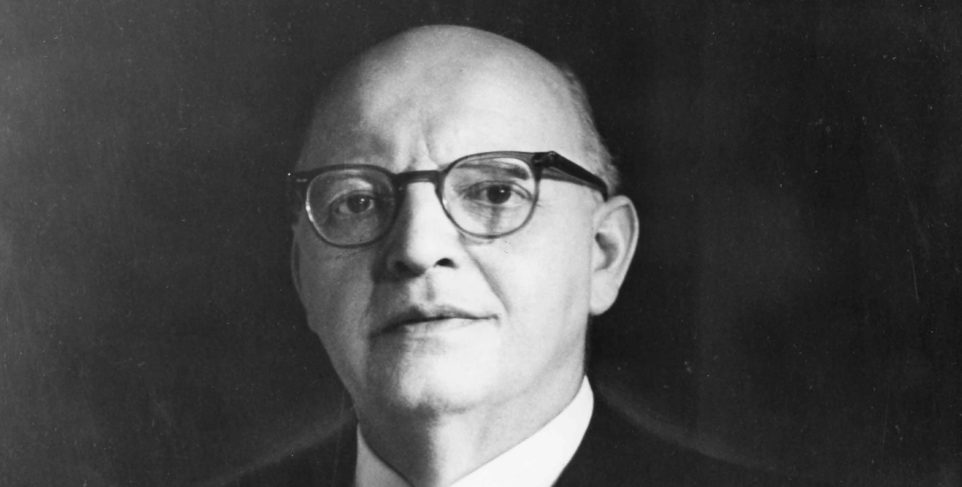SOLON & BEYOND: Fondly remembering Carolyn Waugh
 by Marilyn Rogers-Bull & Percy
by Marilyn Rogers-Bull & Percy
grams29@tds.net
Solon, Maine 04979
Good morning, my friends, don’t worry, be happy!
This weeks’ column is going to start out a little different. It is about friendship and an amazing woman named Carolyn Waugh, of Solon.
I received the following letter after Carolyn died, from one of her friends who lives in Laconia, New Hampshire. I have no idea how this good friend of Carolyn’s got my name and address, but it is a beautiful letter about friendship, that I think should be shared. She started out:
“Carolyn Waugh, Teacher, Mentor, Friend to 1,000 children. Today, the last day of February 2019, I lost my best friend Carolyn Waugh. We were elementary teachers in Montgomery County Public Schools, Maryland, and we were the only ‘New Englanders’ in our school. We became fast friends from 1958 to the present day perhaps because we had the same New England accent and enjoyed our conversations each day. They reminded us of home and our loneliness was less each time we talked. Of course, we could understand one another.
“Few people know how generous Carolyn was to others, especially school age children. She made hundreds of mittens, an untold number of shirts and hats, paid for their lunches when no lunch money was available, and bought school supplies when the school funds had run out. Not once did she tell anyone of her generosity. She was the great example of a teacher you would want for your child. She was their friend, the mother substitute for the one that had left the home, the father substitute for the one who was no longer in the home. She dried their tears and told them how important and worthwhile they were. And she never missed a day of school except for severe illness.
“Today, as we ponder the loss of a dear friend and colleague, we are reminded that very good people have been among us, near us, and we should not forget to celebrate their life’s efforts.
“Carolyn Waugh was, indeed, a special person. In her obituary it mentions that Carolyn was educated in one room school houses in Embden, and at Solon High School. After graduating from high school in 1931 at the age of 15, she went to Normal School, in Farmington, and left there two years later with full teaching credentials. She taught in one room school houses in Embden, Cornville, Chesuncook, and other places in Maine and also helped other people to become teachers in a college level school in Presque Isle for a time.
“In November 1942 she joined the Army as a WAAC and WAC and achieved the rank of Tech 4. For part of her years in the service, she served in the Military Intelligence Division War Department. She was honorably discharged in November 1945. And her remarkable life with many more accomplishments continued until she died on February 28, 2019, at the age of 103 years. She had held the Boston Post Cane as Solon’s Oldest Citizen for several years.”
The Solon Pine Tree 4-H Club met on Saturday, March 9, for their sixth meeting with Vice President Hunter Sousa presiding. Hunter Sousa is planning to do his demonstration on composting at the County Demonstration Tournament at the Somerset County Extension Office, in Skowhegan, on Saturday, March 16.
The club voted to make a basket for the Luck of the Draw on Saturday, May 4.
The following members gave their demonstrations: Desmond Robinson, How to make an Apple Swan; Isabelle Atwood and Jillian Robens, How to make Energy Bites; Kaitlin Dellarma, How to make Ice Cream; Macy Plourde, How to make Sun Catchers; and Brooks Sousa, How to make a Compost Barrel.
The next meeting will be on Saturday, April 13, at 9:30 a.m., at the Solon Fire Station.
And now for Percy’s memoir entitled Extra Prayer:
When the world falls down around you
And a prayer will see you through,
Say an extra prayer for someone
Who may need it more than you.
For who knows what hearts are breaking
In the silence of the night?
Just that extra prayer you whisper
May help someone see the light!
Every time you help a stranger
With an extra prayer – or two –
You are building secret blessings
That will all come back to you!
(words by Nick Kenny.)



 (NAPSI)—Whether it’s a broken leg or the flu, illness and injuries that result in hospital stays are unfortunately commonplace for American families.
(NAPSI)—Whether it’s a broken leg or the flu, illness and injuries that result in hospital stays are unfortunately commonplace for American families.

 More commonly known as pigeons, rock doves vie with the domestic chicken for status as the world’s most familiar birds. They are not indigenous to the western hemisphere. They were introduced into North America from Europe long ago and are conspicuous in cities and villages throughout much of the world.
More commonly known as pigeons, rock doves vie with the domestic chicken for status as the world’s most familiar birds. They are not indigenous to the western hemisphere. They were introduced into North America from Europe long ago and are conspicuous in cities and villages throughout much of the world.

 Breakfast: Adam and Eve on a roll = Poached eggs on toast, Burn the British = English muffin, toasted. Sinkers and soda = Doughnuts and coffee. Wreck’em = Scrambled eggs.
Breakfast: Adam and Eve on a roll = Poached eggs on toast, Burn the British = English muffin, toasted. Sinkers and soda = Doughnuts and coffee. Wreck’em = Scrambled eggs.




 by Irene Belanger
by Irene Belanger